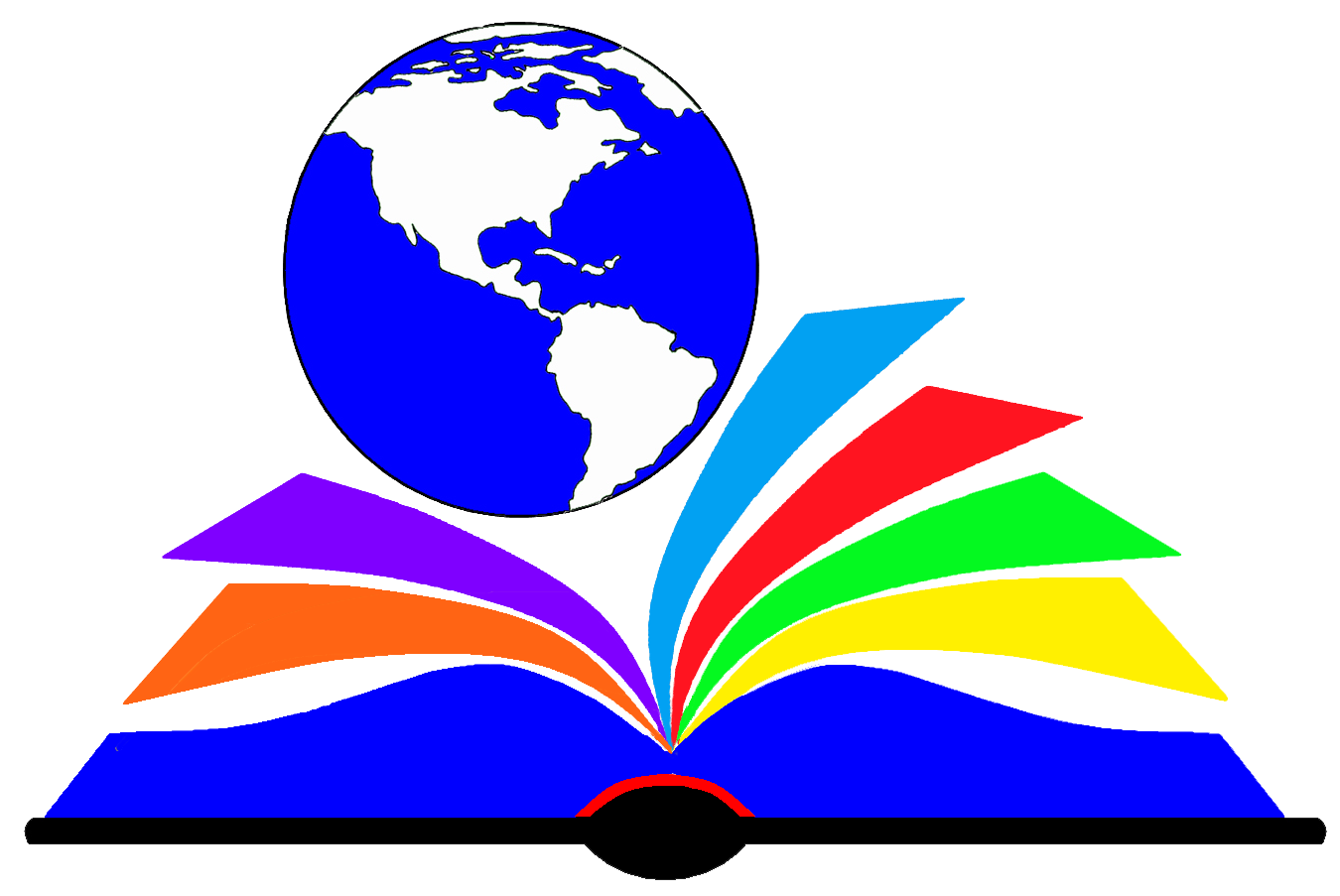Leonardo da Vinci [sound recording] / by Walter Isaacson ; read by Alfred Molina; with an introduction and conclusion read by the author.
Publication details: New York, NY : Audioworks, Simon & Schuster Audio, 2017.Edition: UnabridgedDescription: 14 audio discs (approx. 17 hr.) : CD audio, digital ; 12 cmISBN:- 9781508241980
| Item type | Current library | Call number | Status | Date due | Barcode | |
|---|---|---|---|---|---|---|
 Books on CD
Books on CD
|
Hanover Public Library Shelves | BonCD 759.5 ISAA (Browse shelf(Opens below)) | Available | 31906001097881 |
Browsing Hanover Public Library shelves, Shelving location: Shelves Close shelf browser (Hides shelf browser)
| BonCD 649.1 FABE How to talk so little kids will listen a survival guide to life with children ages 2-7 / | BonCD 658.312 KOND Joy at work : organizing your professional life / | BonCD 658.4 BROW Dare to lead : brave work, tough conversations, whole hearts / | BonCD 759.5 ISAA Leonardo da Vinci | BonCD 781.6 DUNC Country music : a history / | BonCD 782.421 PART Dolly Parton, songteller : my life in lyrics / | BonCD 787.87 ROBE Testimony / |
"Includes a PDF of illustrations"--Container.
Unabridged.
I can also paint -- Childhood -- Apprentice -- On his own -- Milan -- Leonardo's notebooks -- Court entertainer -- Personal life -- Vitruvian Man -- The horse monument -- Scientist -- Birds and flight -- The mechanical arts -- Math -- The nature of man -- Virgin of the Rocks -- The Milan portraits -- The science of art -- The Last Supper -- Personal turmoil -- Florence again -- Saint Anne -- Paintings lost and found -- Cesare Borgia -- Hydraulic engineer -- Michelangelo and the lost Battles -- Return to Milan -- Anatomy, round two -- The world and its waters -- Rome -- Pointing the way -- The Mona Lisa -- France -- Conclusion -- Coda. Describe the tongue of the woodpecker.
Read by Alfred Molina; with an introduction and conclusion read by the author.
"Based on thousands of pages from Leonardo's astonishing notebooks and new discoveries about his life and work, Walter Isaacson weaves a narrative that connects his art to his science. He shows how Leonardo's genius was based on skills we can improve in ourselves, such as passionate curiosity, careful observation, and an imagination so playful that it flirted with fantasy. He produced the two most famous paintings in history, The Last Supper and the Mona Lisa. But in his own mind, he was just as much a man of science and technology. With a passion that sometimes became obsessive, he pursued innovative studies of anatomy, fossils, birds, the heart, flying machines, botany, geology, and weaponry. His ability to stand at the crossroads of the humanities and the sciences, made iconic by his drawing of Vitruvian Man, made him history<U+2019>s most creative genius. His creativity, like that of other great innovators, came from having wide-ranging passions. He peeled flesh off the faces of cadavers, drew the muscles that move the lips, and then painted history's most memorable smile. He explored the math of optics, showed how light rays strike the cornea, and produced illusions of changing perspectives in The Last Supper. Isaacson also describes how Leonardo's lifelong enthusiasm for staging theatrical productions informed his paintings and inventions. Leonardo's delight at combining diverse passions remains the ultimate recipe for creativity. So, too, does his ease at being a bit of a misfit: illegitimate, gay, vegetarian, left-handed, easily distracted, and at times heretical. His life should remind us of the importance of instilling, both in ourselves and our children, not just received knowledge but a willingness to question it - to be imaginative and, like talented misfits and rebels in any era, to think differently. Walter Isaacson, professor of History at Tulane, is the author of Leonardo da Vinci; Steve Jobs; Einstein: His Life and Universe; Benjamin Franklin: An American Life; and Kissinger: A Biography. He is also the coauthor of The Wise Men: Six Friends and the World They Made."--Provided by publisher.
There are no comments on this title.
 Hanover Library Catalogue
Hanover Library Catalogue